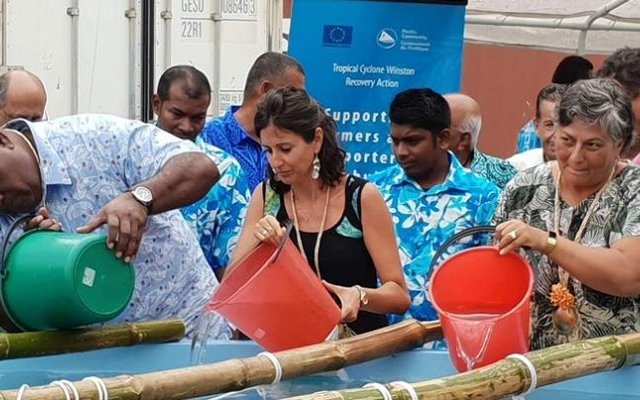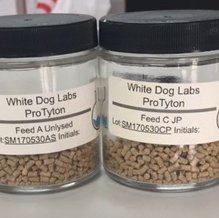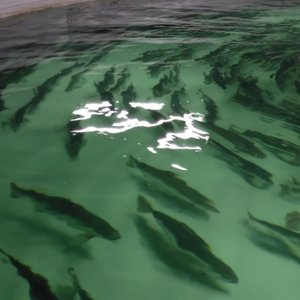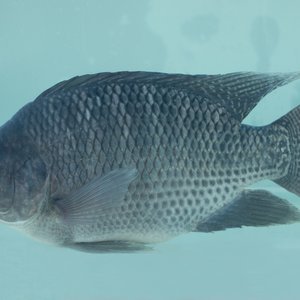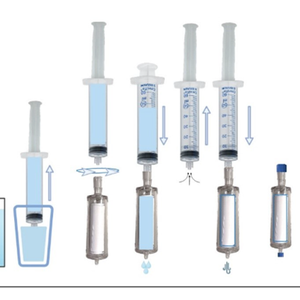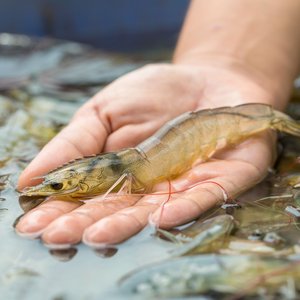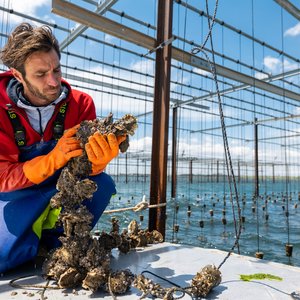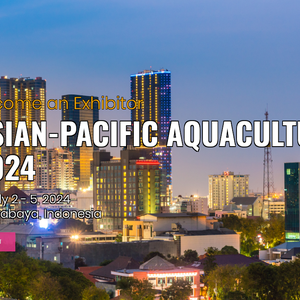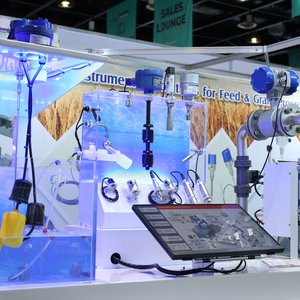A new pearl hatchery, complete with algae bioreactors to help spawn oysters to grow pearls was opened at the J. Hunter Pearls facility in Savusavu, Fiji. The new hatchery is capable of producing 10 times more new oysters than in the past. This substantial increase in capacity enables J. Hunter Pearls to dramatically expand the Fiji pearl industry, while providing an opportunity to research and develop new aquaculture products for export.
The facility is funded by the European Union (EU) Increasing Agricultural Commodity Trade (IACT) project and implemented by the Pacific Community (SPC). The SPC-EU IACT project works to strengthen the export capacity of Pacific countries in the primary industries of agriculture, forestry and aquaculture. It employs a whole-of-supply chain approach, assisting commercial ventures and producer groups to become export-oriented, market-driven enterprises that will consistently supply overseas markets with competitive agriculture, forestry and aquaculture products.
In 2016, the EU funded SPC to manage recovery activities following category 5 Tropical Cyclone Winston. The EU provided F$4,400,000 to assist in the recovery of Fiji’s productive sector and establish improved infrastructure. Part of these funds were allocated to rebuilding Fiji’s pearl sector. As a result, 17 community pearl farms and three commercial operations, Maivalili Pearls, J. Hunter Pearls and Civa Pearls, have been supported with equipment, building materials, spat lines, float and ropes.
While congratulating J. Hunter on the opening of their new Pearl hatchery in Savusavu, the Head of Cooperation at the EU Delegation for the Pacific, Christoph Wagner said: "From recovery, to growth, to environmentally sustainable practices, the European Union is delighted to be able to assist in rebuilding Fiji's pearl sector. It is remarkable the ability of J.Hunter Pearls, a private sector stakeholder to recover and rebuild, whilst at the same time being architects of and preparing the Fiji Pearl Development Plan and advocating for the Blue Pledge, which promotes marine protected areas and sustainable and ethical pearl production. With the EU’s recent signature of the Pacific - European Union Marine Partnership (PEUMP) agreement, which confirms our firm commitment to support the Pacific region in efforts towards sustainable management of marine resources, we hope to see the Fiji pearl industry grow from strength to strength and lead the world in sustainable pearl production".
SPC Chief Advisor, Patricia Sachs-Cornish stressed the long-term value of this project and its positive impact on the community. “SPC, with support from partners like the EU, remains committed to creating a resilient and sustainable Pacific in every community. It is fantastic to see how a well-planned and well-implemented development investment has resulted, not only in the recovery of an industry on the brink of collapse, but which has also made a significant contribution towards a sustainable circular Blue Economy in Savusavu.
J. Hunter Pearls founder Justin Hunter highlighted the importance of the rebuilding efforts saying: “After TC Winston we were on our knees with our hatchery totally flattened and many of our pearl spat lines destroyed. Now, thanks to the European Union and SPC we are fully operational, more efficient and productive than ever, leading the Fiji pearl industry to become globally recognised as sustainable producers, both ethically and environmentally. Savusavu is becoming a Blue Model Town.”
The SPC-EU “Increasing Agricultural Commodity Trade” (IACT) project is working to strengthen the export capacity of Pacific member countries in the primary industries of agriculture, forestry, aquaculture and livestock. The project employs a whole-of-supply chain approach, assisting commercial ventures and producer groups to become export-oriented, market-driven enterprises that will consistently supply overseas markets with competitive agriculture, forestry and aquaculture products. The project began in June 2011 and is implemented by the Secretariat of the Pacific Community (SPC) in Suva, Fiji.


